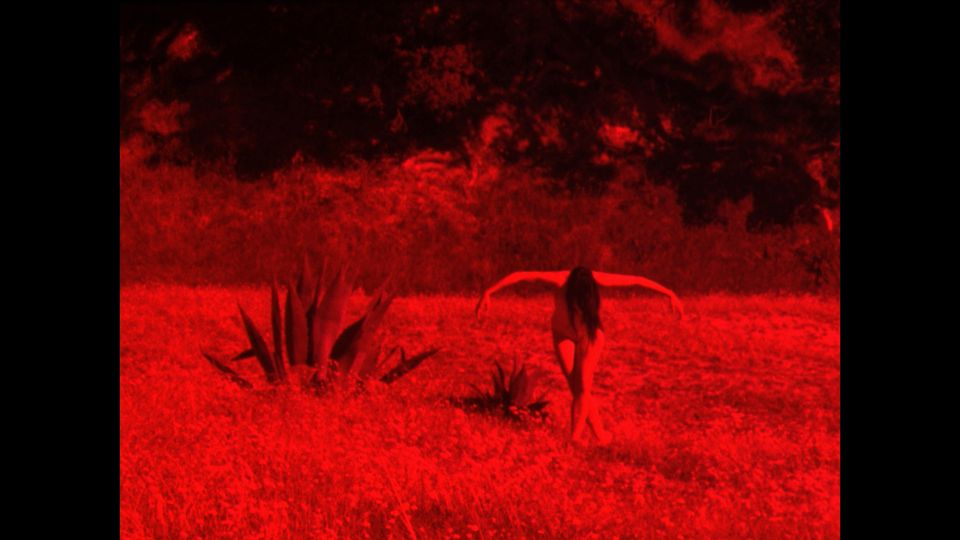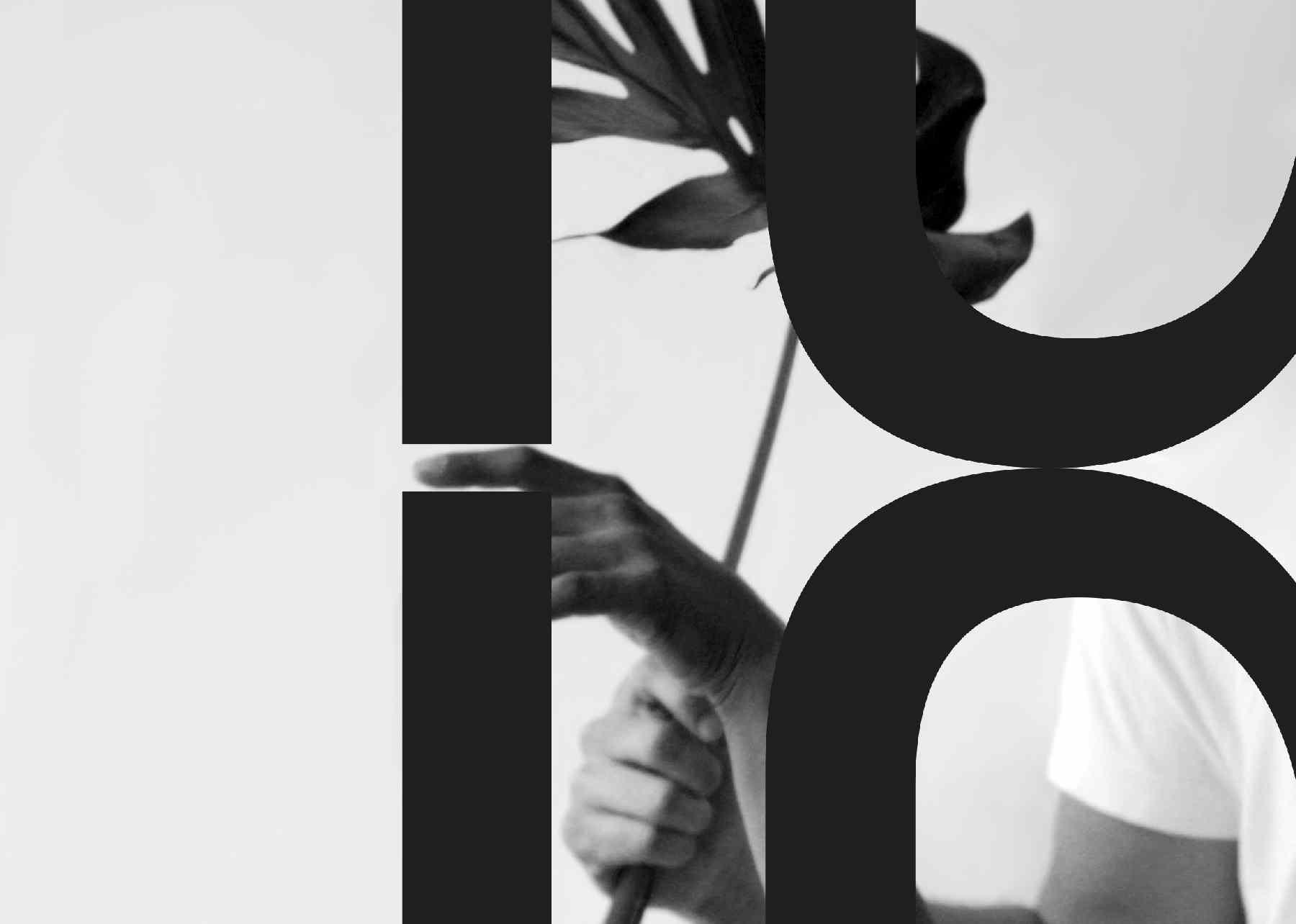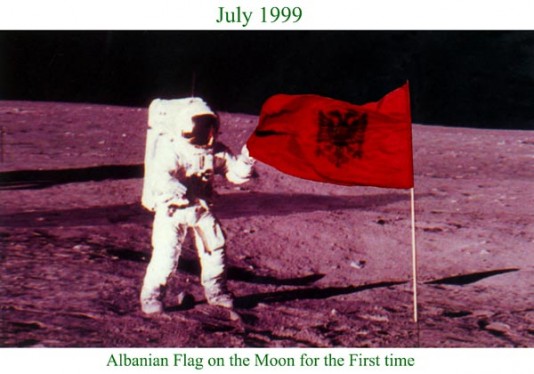New Zealand, Visual Arts, 2015
Sriwhana
Spong

The reconstruction of memory constitutes one of the central themes of the complex film and video projects created by the New Zealand artist Sriwhana Spong (b. 1979). Trained in classical ballet, Spong is especially interested in modern dance as a vehicle for personal expression and how dances can be passed down over the years, brought back to life, and then re-interpreted. Reconstructing historical dances can be highly problematic, however, due to the paucity of complete documentation and the often-idiosyncratic forms of notation. The few rare extant photographs and films can only give a sense of what the original performance was like. Spong takes this lack as her licence to use the medium of film and an individual physicality in her approach to the myths and traditions of modern dance.
The starting point for the dance sequences in »Costume for a Mourner« (2010) is Igor Stravinsky’s music for the ballet »Le chant du rossignol«, based on the fairytale »The Nightingale« by Hans Christian Andersen. the Ballets Russes first performed the ballet with sets from Henri Matisse and choreography by Georges Balanchine in Paris in 1925. In Spong’s version, the figures form a synthesis with their peculiar movements and ornate costumes. With choreography from Benny Ord, Spong manages to overcome historical distance from the impressionist masterpiece via an approach that is determinedly abstract. In spong’s understanding, the notions of remembrance, creation, and forgetting are all regarded as part of the creative process. The artist continues this train of thought in the double projection »Lethe-Wards« (2010), loosely based on the poem »Ode to a Nightingale« by John Keats. In this piece, she stages the act of remembrance with a story evocative of mythology as a foundation for the work’s form and content. The title alludes to the Lethe river of Greek mythology: located in the underworld, those about to enter the realm of the dead could drink from its water to obliterate memories of their previous lives, so that they could start afresh in the afterlife. Here, the work of remembering demands not just research, archaeology and creating new analogies, but it must also be actively transformed and interpreted.
Her films »Beach Study« (2014) and »Learning Duets« (2012) continue this progression by not just illustrating, but by actually recreating one of the artist’s childhood memories in a place now forgotten by the world: Waiheke island near Auckland harbour, whose existence is under threat from changing ownership. With sections no longer accessible to the public, the island may be erased from collective memory and fall into oblivion. Spong confronts the slow process of forgetting with a dance performed on the island, using choreography inspired by nature. Through her use of colour filters, she illustrates the contrast between untouched nature and unconscious mechanisms of repression.
Text: Angela Rosenberg
Translation: Amy Pradell
Camera/editing: Uli Aumüller, Sebastian Rausch



